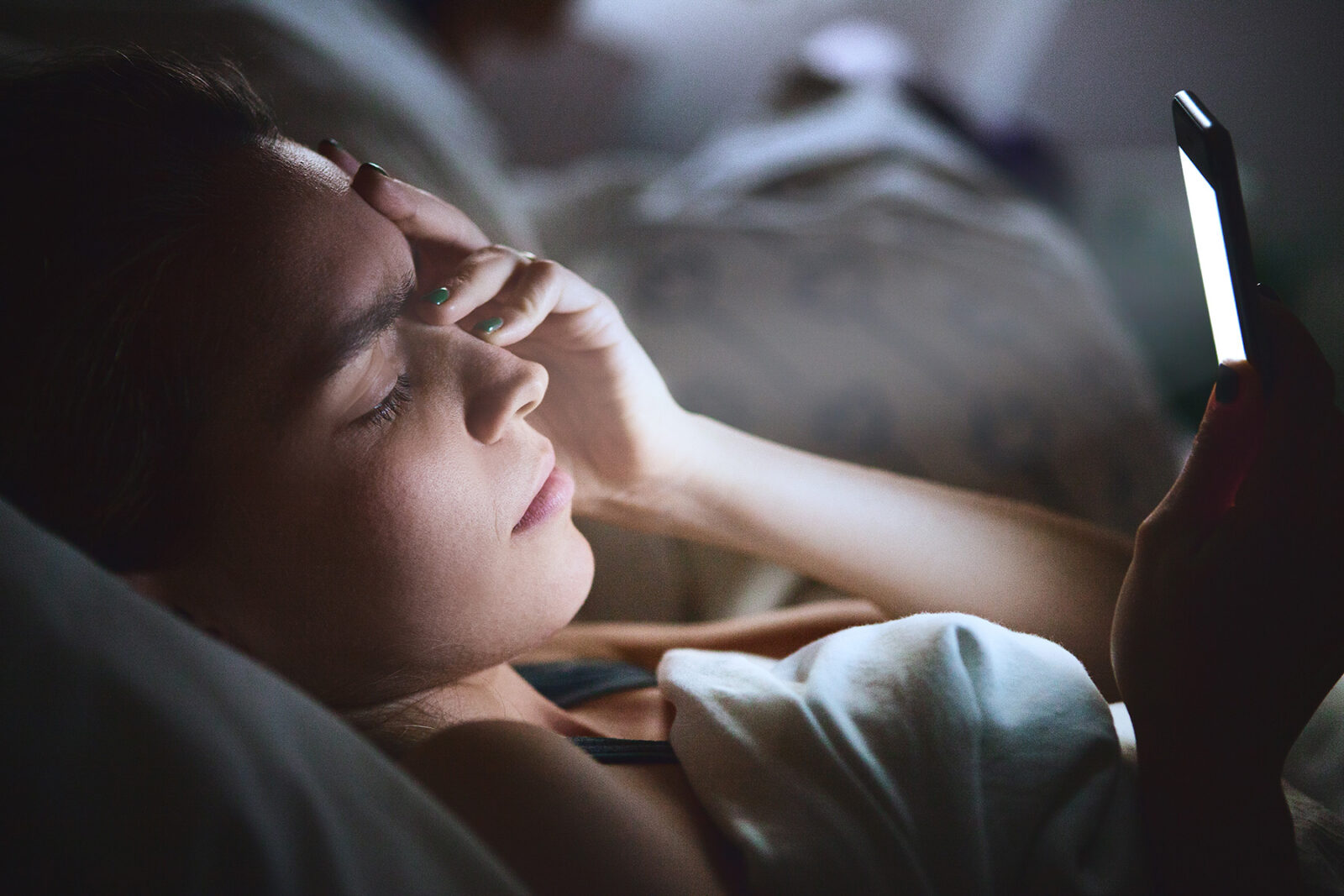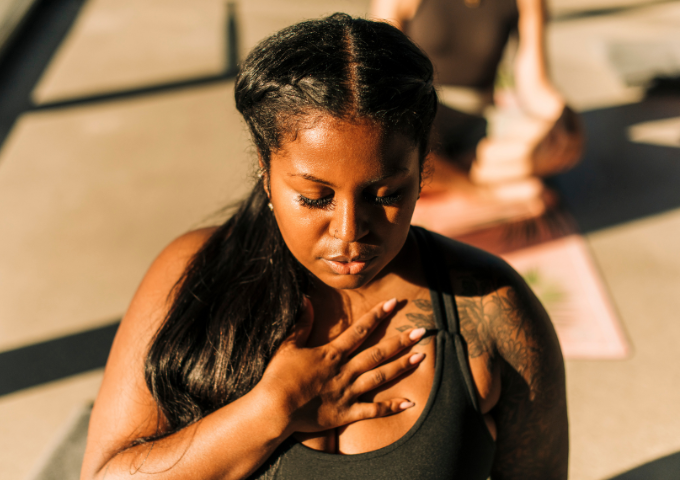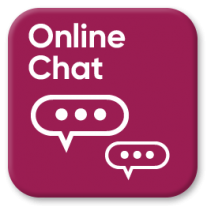Can’t help deep diving negative stories on your phone? A behaviour many of us picked up during lockdown, doomscrolling refers to the compulsive urge to scroll through social media and newsfeeds which relate bad news. With so much going on in the world (particularly in the last few years), it can be difficult to resist searching online for updates and answers, but research shows the urge to doomscroll may be harmful to our mental health.
Let’s explore how to break the cycle and build healthier online habits.
What is doomscrolling?
Coined during the pandemic, the term ‘doomscrolling’ came into common use when we were in and out of lockdowns, with nothing but the internet to connect to us to the outside world. Constant updates and changes to significant current events had people glued online, in a desperate search for clarity.
From this climate, doomscrolling now defines the urge to constantly check our phone or use it for long periods of time to consume news that worries us. In fact, the Macquarie Dictionary named doomscrolling the word of the year in 2020.1
But why do we put ourselves through it?
The addictive nature of social media is partly to blame – likened to that of gambling 2, our newsfeeds are designed to keep us hooked, leading us to believe we are always one swipe away from something new and significant. On the other hand, clickbait headlines and divisive journalism from news and media outlets can also play a key role.
Today’s world moves at a rapid pace and to navigate this we have an unlimited access to information. This type of experience may encourage people to live with constant vigilance, always in anticipation of the next ‘big thing’ to be worried about or prepared for.
Doomscrolling can be an outlet for these feelings.
Doomscrolling and anxiety
Having awareness and doing your research on current events isn’t a bad thing, however when any behaviour errs on the side of compulsion, it may have a negative impact. Many of us doomscroll to alleviate our worries about the world but studies show this level of media consumption and negative news to cause symptoms of anxiety and other mental health issues.
A German study of over 6,000 participants during the pandemic found a strong link between media consumption and mental health conditions such as anxiety and depression.3 Similarly, an American study found that doomscrolling was strongly associated with anxiety, poor self-control, and the fear of missing out.4
Increased exposure to newsfeeds of crisis, disaster and tragedy is distressing for the mind which is why it may cause us to feel more anxious or depressed. To manage your mental health and reduce the symptoms it is important to have steps in place to support your wellbeing.
How to avoid doomscrolling
The following steps can help you to reduce the urge to doomscroll, as well as any feelings of anxiety, sadness or stress that may be caused by it.
- Limit your consumption
Ever heard of a media detox? By reducing or eliminating your access to news and social media platforms you can help to break the habit. Try setting time limits for certain apps in your phone settings or deleting them all together for a few weeks to take a break. You may also want to avoid the news channels on TV for a while and even let your friends and family know you’re having a break so they can try to avoid certain topics of conversation.
- Check the sources
With so many different platforms to spread news online, there’s a lot of misinformation out there which can lure you in and cause unnecessary stress. It helps to remember not everything we see online is true and the best way to know for sure is to check the source. When you come across information that concerns you, ask yourself: Do I trust where this is coming from? Is it a reputable source? And importantly, is this an opinion piece or the straight facts?
- Practise relaxation techniques
If you find yourself feeling tense or worried by what you’re seeing in your newsfeed, take a break and do an exercise to help your mind and body relax. Find a quiet space to sit and take slow, deep breaths for 5-10 minutes. Or try a progressive muscle relaxation exercise to soothe your anxiety.
- Start a new hobby
When we cut down a bad habit it can help to redirect our energy somewhere new to occupy our minds while we adjust. If you are avoiding using your phone, you might like to try learning a new skill like painting, cooking or playing an instrument. Getting outdoors and into nature is a great for our mental health too. Why not try going for a walk at the park or do some gardening in your backyard? Whether it’s creative, physical, social, or mental is completely up to you!
If you are struggling, speak to one our SuicideLine Victoria counsellors on 1300 651 251 or you can click on the floating chat button on the right to start a web chat.
If it is an emergency, call 000.
References
- The Macquarie Dictionary https://www.macquariedictionary.com.au/blog/article/766/
- BBC Work Life https://www.bbc.com/worklife/article/20210226-the-darkly-soothing-compulsion-of-doomscrolling
- Bendau, A., Petzold, M.B., Pyrkosch, L. et al. Associations between COVID-19 related media consumption and symptoms of anxiety, depression and COVID-19 related fear in the general population in Germany. Eur Arch Psychiatry Clin Neurosci 271, 283–291 (2021). https://doi.org/10.1007/s00406-020-01171-6
- Sharma, B., Lee, S. S., & Johnson, B. K. (2022). The Dark at the End of the Tunnel: Doomscrolling on Social Media Newsfeeds. Technology, Mind, and Behavior, 3(1: Spring 2022). https://doi.org/10.1037/tmb0000059









